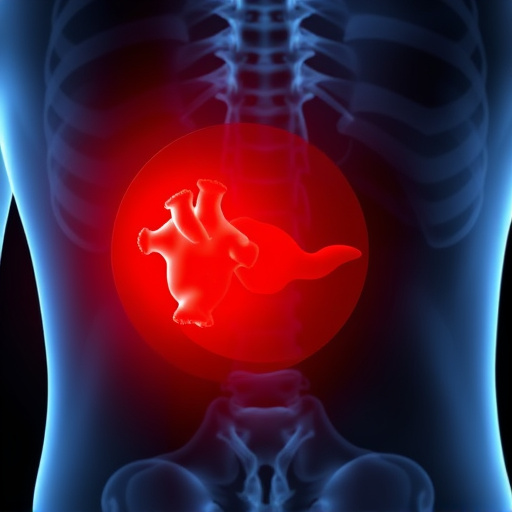Epidural injections are a minimally invasive approach for herniated disc treatment, targeting chronic pain and inflammation. This non-surgical option delivers anesthetics and corticosteroids to block nerve signals, offering significant neck and back pain relief. Effective for those who haven't responded to conservative treatments, it aims to improve mobility and quality of life. However, multiple sessions are required, with potential side effects like headaches or mild back pain, varying effectiveness, and importance of patient discussion with healthcare professionals.
“Explore the transformative potential of epidural injections in managing herniated discs. This comprehensive guide delves into the intricate world of this non-surgical approach, offering a glimmer of hope for those seeking relief from persistent pain. From understanding the basic mechanics to uncovering its pain-relieving mechanisms and evaluating benefits against risks, we navigate the landscape of herniated disc treatment, empowering you with knowledge for informed decisions.”
- Understanding Epidural Injections for Herniated Discs
- How Do Epidural Injections Work for Pain Relief?
- Potential Benefits and Risks of This Treatment Method
Understanding Epidural Injections for Herniated Discs

Epidural injections are a specialized treatment option for individuals suffering from herniated discs, offering targeted relief for chronic pain and joint pain relief. This minimally invasive procedure involves the injection of medication directly into the space around the spinal nerves. The primary goal is to reduce inflammation, compress nerve roots, and provide immediate joint pain relief. Over time, these injections can also promote healing and stabilize affected areas, making them a valuable addition to comprehensive herniated disc treatment plans.
For patients exploring alternative solutions beyond traditional chiropractic treatment, epidural injections present a promising approach. Many individuals experience significant improvements in mobility and overall well-being after receiving these treatments. It’s important to consult with medical professionals who specialize in pain management to determine if epidural injections are the right choice for managing herniated disc symptoms and pursuing effective chronic pain management.
How Do Epidural Injections Work for Pain Relief?

Epidural injections are a non-surgical approach to managing severe pain associated with herniated discs. This procedure involves administering medication directly into the epidural space, the area surrounding the spinal nerves. The injection combines local anesthetics and corticosteroids to provide both immediate and long-lasting pain relief. The anesthetics block nerve signals from reaching the brain, effectively reducing pain transmission. Corticosteroids reduce inflammation and swelling around the affected disc, providing additional back pain relief and potentially stabilizing the spine.
By targeting specific areas of the nervous system, epidural injections can offer significant neck pain relief or back pain relief for individuals struggling with herniated discs. This method is particularly beneficial for those who have not found sufficient relief through conservative treatments. It serves as a strategic step in herniated disc treatment, aiming to improve mobility and quality of life by mitigating the intense pain that often accompanies these conditions, especially in the neck or back.
Potential Benefits and Risks of This Treatment Method

Epidural injections offer a promising avenue for individuals suffering from herniated discs, presenting potential benefits as part of their treatment regimen. This non-surgical approach aims to reduce pain and inflammation by delivering medication directly into the affected area surrounding the spinal nerves. Such interventions can provide significant relief, especially for those experiencing intense, sharp pains radiating to other body parts due to nerve compression. By targeting the source of discomfort, epidural injections may enable individuals to regain mobility and engage in daily activities without severe restrictions.
However, like any treatment method, it comes with its considerations and potential risks. Some patients might experience temporary relief but require multiple sessions for sustained results. Others may face side effects such as headaches, nausea, or mild back pain after the procedure. Moreover, individual responses to epidural injections vary, with some individuals reporting no significant improvement. It is crucial for patients to understand these factors and discuss them openly with their healthcare professionals before undergoing this treatment for herniated disc management, especially considering the context of auto accident recovery or rehabilitation from musculoskeletal injuries.
Epidural injections offer a targeted approach to managing symptoms of herniated discs, providing potential pain relief and improved mobility. While this method carries risks, as with any procedure, careful consideration and consultation with a healthcare professional are crucial for making an informed decision regarding the most effective herniated disc treatment. Understanding both the benefits and drawbacks can empower individuals to choose the best course of action for their specific needs.














